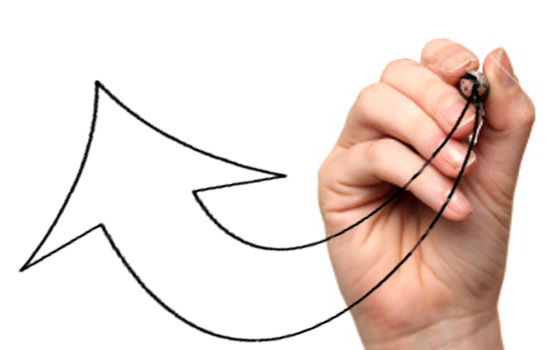 Last month, the Bureau of Labor Statistics reported the unemployment rate rose to 9.2 percent. The unemployment rate for workers with college degrees was 4.4 percent.
Last month, the Bureau of Labor Statistics reported the unemployment rate rose to 9.2 percent. The unemployment rate for workers with college degrees was 4.4 percent.
This statistic has been on my mind ever since. A significant percentage of college-educated workers are underemployed, and unskilled, uneducated workers are facing a shrinking pool of available jobs. This isn’t just a downturn; my gut says we are in the midst of a fundamental shift in our economy. So does one of our Vistage speakers, David Houle, who calls this the Shift Age. Then why do I remain hopeful?
Here’s why: technological changes, as always, are a driving force behind the economic shift. As we move out of the information age, we are facing many of the same social, political and economic transformations that we faced when we exited the industrial age.
As business leaders, as people who have an opportunity to have a positive effect on the un(der)employment situation, our task is to gain a clearer understanding of what is happening to our economy, and then to act accordingly. Let’s start by asking some questions about this transformation:
- What does this mean for our society overall?
- What does this mean for the future of work?
- And, most important, what opportunities does this create for each of our businesses?
For more food for thought, check out this Vistage White Paper and this video by David Houle, “The Transformation Decade.”
Elisa K. Spain





 The initial results of my Pivot are excellent. I feel I have much greater clarity regarding the next 3-5 years..
The initial results of my Pivot are excellent. I feel I have much greater clarity regarding the next 3-5 years.. 